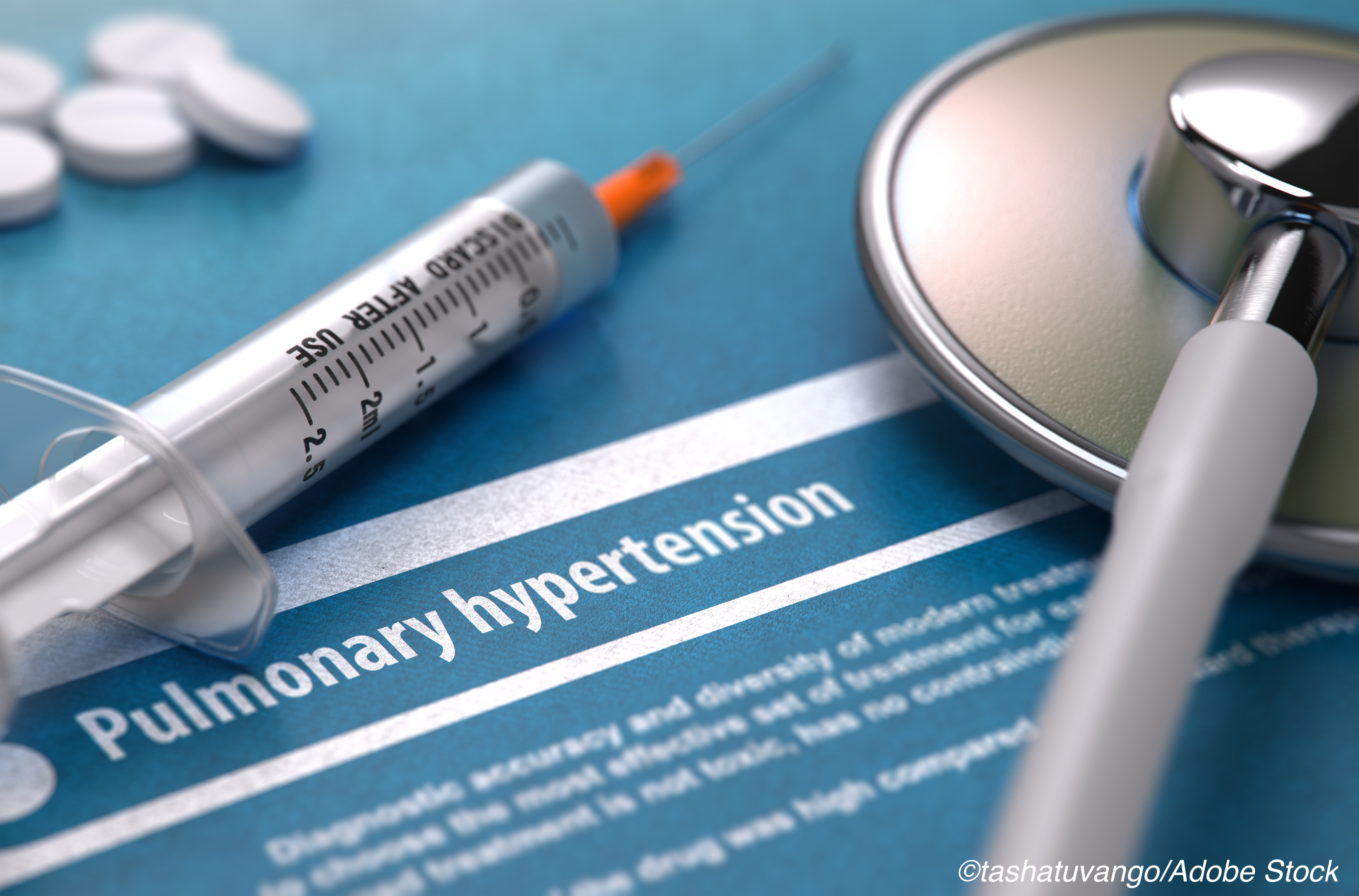 Among patients hospitalized for COPD exacerbations, having comorbid pulmonary hypertension was associated with poorer outcomes and a greater risk for death, according to results from a large retrospective analysis of data from the National Readmission Database (NRD).
Among patients hospitalized for COPD exacerbations, having comorbid pulmonary hypertension was associated with poorer outcomes and a greater risk for death, according to results from a large retrospective analysis of data from the National Readmission Database (NRD).
Pulmonary hypertension (HP) in the setting of hospitalization for COPD was associated with a higher risk for in-hospital mortality, 30-day readmission, intubation, tracheostomy, bronchoscopy, and chest tube placement.
The findings suggest that early diagnosis and appropriate treatment of pulmonary hypertension in patients with COPD exacerbations is warranted, as well as close follow-up of these patients and early referral for lung transplant, wrote lead researcher Palakkumar Patel, MD, and colleagues.
The research was presented in a poster session at CHEST 2020, the virtual meeting of the American College of Chest Physicians held Oct. 18-21.
Pulmonary hypertension is a frequent complication of COPD and is associated with increased exacerbation risk. Pulmonary vascular remodeling in COPD has been identified as the main cause of increase in pulmonary artery pressure and is thought to result from the combined effects of hypoxia, inflammation, and loss of capillaries in severe emphysema.
In a study of patients hospitalized with COPD, the prevalence of pulmonary hypertension was 38.7%. COPD patients with pulmonary hypertension in the study had a significantly higher prevalence of resting hypoxemia compared to patients without pulmonary hypertension, but not COPD severity (measured by GOLD status) or bronchial obstruction severity.
The Nationwide Readmissions Database (NRD) is part of a network of databases developed for the Healthcare Cost and Utilization Project (HCUP) of the federal government’s Agency for Healthcare Research and Quality (AHRQ). The NRD database contains data from approximately 18 million hospital discharges each year and is weighted to estimate roughly 36 million discharges annually.
In the newly reported retrospective analysis, the researchers assessed outcomes among 821,468 patients hospitalized for COPD exacerbations, including 68,420 (8.33%) with a concurrent diagnosis of PH, using 2016 and 2017 NRD data.
Adult patients hospitalized with a primary diagnosis of COPD were included in the study, including those with pulmonary hypertension as a secondary diagnosis. Patients were excluded from the analysis if they were under 18 years old, had non-elective admission, or had hospital discharge in December.
The primary study outcome was in-hospital mortality during the index admission, and secondary outcomes included 30-day readmission rate, resource utilization, and morbidity (including intubation rate, prolonged invasive mechanical ventilation >90 hours [PIMV], tracheostomy rate [TR] chest tube placement rate [CR] and bronchoscopy rate [BR]).
Pulmonary hypertension was more common among females (61.1%) and Medicare recipients (79.5%), with higher Charlson Comorbidity burden and lower economic status.
Among the other study findings:
- Pulmonary hypertension was associated with greater in-hospital mortality (adjusted odds ratio [aOR], 1.89; 95% CI, 1.73- 2.07, P<0.01), as well as higher 30-day readmission (aOR, −1.24; 95% CI, −1.21 to 1.28, P<0.001), compared to patient without pulmonary hypertension.
- Pulmonary hypertension was associated with higher morbidity among patients requiring intubation (aOR, 199; 95% CI, 1.85 -2.14, P<0.01), as well as among those on prolonged mechanical ventilation (aOR, 2.12; 95% CI, 1.89-2.38, P<0.001), tracheostomy (aOR, −2.15; 95% CI, −1.53 to 2.9, P<0.001), bronchoscopy (aOR, −1.46; 95% CI, −1.11 to 1.94, P<0.007) and chest tube placement (aOR, −1.39; 95% CI, −1.11 to 1.74, P<0.004).
- Pulmonary hypertension was also associated with higher resource utilization and total hospital costs.
Independent predictors of higher 30-day readmissions were age group of 30-50 years, Index hospital length of stay> 3 days, Medicare Insurance recipients, Higher Charleston Comorbidity burden, higher hospital volume quintile for acute COPD exacerbation, opioid and cocaine-dependent, discharge other than routine during the index hospitalization.
Independent predictors of lower 30-day readmissions were female gender, private insurance recipients, and higher household income among uninsured patients.
“Early diagnosis and appropriate treatment of pulmonary hypertension, close follow-up and early referral to lung transplant will be beneficial to patients who are found to have pulmonary hypertension in the management of acute exacerbation of COPD,” the researchers concluded.
-
Pulmonary hypertension was associated with poorer outcomes and a greater risk for death in a large retrospective analysis of data from the National Readmission Database.
-
Pulmonary hypertension was associated with greater in-hospital mortality (adjusted odds ratio [aOR], 1.89; 95% CI, 1.73- 2.07, P<0.01) and higher 30 day readmission (aOR, −1.24; 95% CI, −1.21 to 1.28, P<0.001), compared to no pulmonary hypertension.
Salynn Boyles, Contributing Writer, BreakingMED™
The researchers declared no relevant disclosures related to this study.
Cat ID: 154
Topic ID: 89,154,192,154,195,225,489,912,925,224


